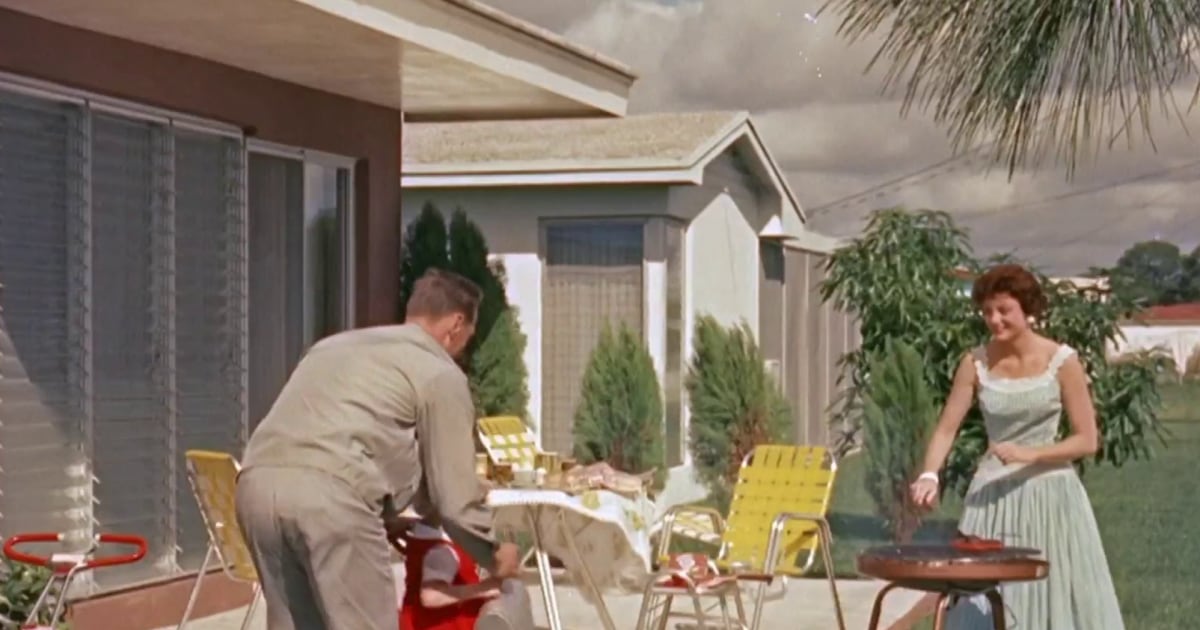Jobs
Roxby’s Jeffrey Morris Gets Five Years In Federal Prison

WHEELING – Jeffrey Morris, formerly the owner of Roxby Development in Wheeling, will spend five years in federal prison following court action in Wheeling on Thursday.
District Judge John Preston Bailey of the U.S District Court for the Northern District of West Virginia sentenced Morris to 60 months, and he must surrender to the U.S. Marshal’s Office for his imprisonment prior to Oct. 28.
William Ihlenfeld, U.S. Attorney for the Northern District of West Virginia, said he believed the sentence issued Thursday to be a fair one.
“Five years – that sends a strong message for someone who had no criminal history,” he explained. “The way federal criminal sentencing is determined is based on defense level, and criminal history.
“You don’t often see … white collar sentences that reach the five year mark, and we’re very pleased with it. We think it sends a strong message,” Ihlenfeld added.
From December 2019 to June 2021, Morris obtained money and property by means of “materially false and fraudulent pretenses and promises,” according to a Feb. 7 plea agreement. The companies owned by Roxby – The Monastery, Roxby Development and Roxby McLure – were funded primarily through investment loans totaling approximately $6.9 million from at least 20 investors.
In regard to the count of failure to pay over taxes, according to court documents, on July 31, 2022, Roxby Development willfully failed to pay the IRS payroll taxes withheld from employees’ paychecks totaling approximately $80,287. Roxby Development also failed to pay approximately $89,000 in payroll taxes to the IRS.
Morris spoke on his own behalf at Thursday’s sentencing, expressing remorse and noting his intentions “were pure.”
“It just turned out badly for myself and my family,” he told the court. “I deeply tried to make the right decisions and meant to do good, but it just went south.
“I take full responsibility for my execution.”
He testified his company’s finances began to take a downturn during the COVID era, and that the start up of Roxby Labs during that time helped produce revenue that helped get him on sound financial footing.
At that time, he just owned The Monastery and the Scottish Rite Cathedral. He added the McLure Hotel to his portfolio, which he admitted was a mistake.
“Things were looking bright, and I should have stopped then,” Morris continued. “The acquisition of the hotel was a mistake, and I was advised against it.
“I stubbornly, stupidly let hubris take over. And the hotel was in worse shape than I expected.”
Morris added that he was forced to work the nightshift at the hotel’s registration desk each night from 11 p.m. to 7 a.m. in addition to his daily job.
“To my regret, I just couldn’t make it happen,” he said.
Businessman Danny Swan testified on Morris’ behalf, explaining he has worked for him remotely since last September helping with online commerce. Swan described Morris as “reliable,” “good natured” and “thoughtful.”
“His heart was in the right place,” Swan said. “I acknowledge he owes a lot of people a lot of money.”
Also speaking on Morris’ character was Glynis Board of Wheeling, who explained Morris has been assisting her and her family in recent months. She added when he wasn’t helping at her home, he was helping his own family.
“I want to stand up for a friend who has become important to my life and that of my family,” she said.
Morris’ attorney Brian Kornbrath noted that, unlike in most white-collar crimes, 92% of the money misdirected by Morris from investors wasn’t spent on luxuries but was put back into the business.
The prosecution, meanwhile, painted Morris as a “master manipulator.” They said when approaching an investor, he would often hone in on their feelings for wanting to make Wheeling a better community to keep then investing in his projects.
They described his efforts as actually an elaborate Ponzi Scheme in which he would take their money to pay earlier investors. One of the investors was an elderly couple who was said to have lost their life savings of $90,000, as did many others.
Contractor Sarel Vinter explained he had been convinced by Morris to sell him his company over time while he would solely work on Roxby projects. Payments stopped coming after a year, but he continued on with the work for a time because he believed in what Morris and Roxby Development had set out to do.
Morris presently lives in the Pittsburgh area, and Kornbrath asked if he could be incarcerated in a prison closer to his family. Bailey indicated he would be agreeable to that.
Bailey also directed that while in prison, Morris is to participate in drug and alcohol addiction classes, mental health programs and vocational opportunities. Following his sentence, Morris will be subject to three years supervised release.
Many numbers were tossed around in court Thursday regarding the restitution Morris would be liable to pay the many investors and former employees he defrauded. In the end, it was determined by the court he owed just under $3.5 million.
Initially, Bailey directed Morris to $300 a month toward restitution while in prison. Kornbrath asked the court to reconsider this, as prison inmates presently only earn about $50 a month. Bailey reconsidered, and ordered that Morris pay $50 a month restitution while incarcerated. Once released, the figure will jump to $300 a month.
The victims of the crime will be first to receive money, with the Internal Revenue Service being second in line, the judge said.
Assistant U.S. Attorney Jarod Douglas added Morris’s income will be monitored over time to check to see if his future income warrants higher restitution payments.
Morris faced a maximum of 6½ years in prison and $5,000,000 in restitution. He had originally been indicted on 28 federal counts, 18 of wire fraud and 10 of tax evasion.









